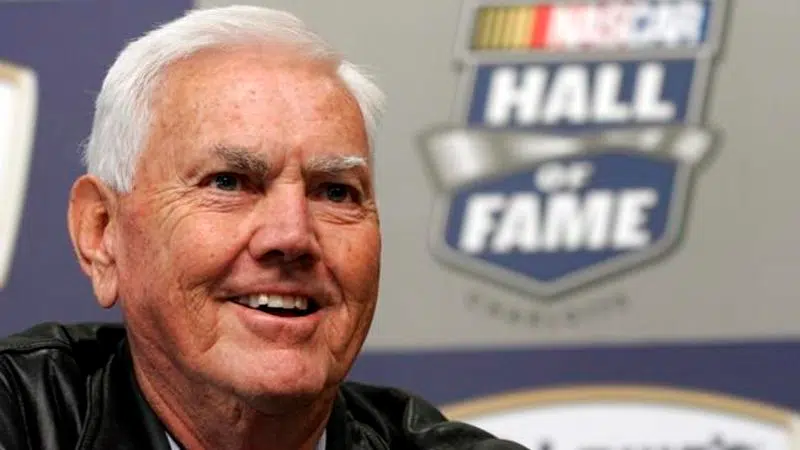
Junior Johnson, “The Last American Hero,” dies at 88
Robert Glenn “Junior” Johnson, the moonshine runner turned NASCAR driver described as “The Last American Hero” by author Tom Wolfe in a 1965 article for Esquire, died Friday. He was 88.
NASCAR announced the death of Johnson, the winner of 50 races as a driver and 132 as an owner. He was a member of the inaugural class inducted into the NASCAR Hall of Fame in 2010.
“From his early days running moonshine through the end of his life, Junior wholly embodied the NASCAR spirit,” NASCAR Chairman Jim France said in a statement. “He was an inaugural NASCAR Hall of Famer, a nod to an extraordinary career as both a driver and team owner. Between his on-track accomplishments and his introduction of (sponsor) Winston to the sport, few have contributed to the success of NASCAR as Junior has.
“The entire NASCAR family is saddened by the loss of a true giant of our sport, and we offer our deepest condolences to Junior’s family and friends during this difficult time.”

